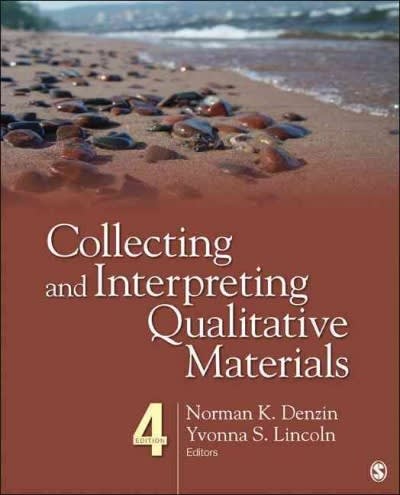Question
Yuki's Challenge It is important to get into the habit of first completing the unit Reading and then completing the learning activities before focusing on
Yuki's Challenge
It is important to get into the habit of first completing the unit Reading and then completing the learning activities before focusing on your graded Assignment. Learning activities are non-graded and will be aligned to content you will address in your assignment.
During the readings you had the opportunity to focus on speech, processing of sound, and word comprehension. Understanding and producing speech is a complicated process that uses many areas of the brain to hear sounds, process them, and recognize them as words. Disruptions anywhere along this pathway can lead to problems in understanding or producing speech. This is your opportunity to demonstrate your grasp of Auditory Processing Disorder by using your growing knowledge of cognitive neuroscience and applying it to Yuki's scenario. Recognizing speech and processing issues will help you in your work with children who have hearing or speaking disorders or adult clients who have brain damage from stroke, traumatic brain injury, or substance addiction.
This Assignment will measure your ability to apply knowledge to a scenario-based situation. This week you will complete 2 3-page expository paper reviewing the scenario of Yuki and applying your growing knowledge of cognitive neuroscience to her situation.
Scenario: Yuki
Yuki is a four-year-old female growing up in a two-parent family and has one older sister (age 7). She lives in a middle-class neighborhood where there are many young children and a neighborhood park. She likes to go to the park and play with other children. Her parents have become very concerned that while she can talk, her words do not sound like those of other children. She often seems to misunderstand what others say, though her parents know that she understands the words. They are frustrated because it seems that she can understand what she hears occasionally, but not always. They know that she will struggle in kindergarten next year if this does not change. They had her hearing tested. It is normal. The doctor suspects Yuki has an Auditory Processing Disorder (APD).
- How is speech understood in the brain using a word recognition model?
- How is word recognition important in understanding Auditory Processing Disorders (APDs)?
- How can an Auditory Processing Disorder affect learning and behavior in a young child like Yuki?
- What treatments might be used to help Yuki recognize words better?
Step by Step Solution
There are 3 Steps involved in it
Step: 1

Get Instant Access to Expert-Tailored Solutions
See step-by-step solutions with expert insights and AI powered tools for academic success
Step: 2

Step: 3

Ace Your Homework with AI
Get the answers you need in no time with our AI-driven, step-by-step assistance
Get Started


